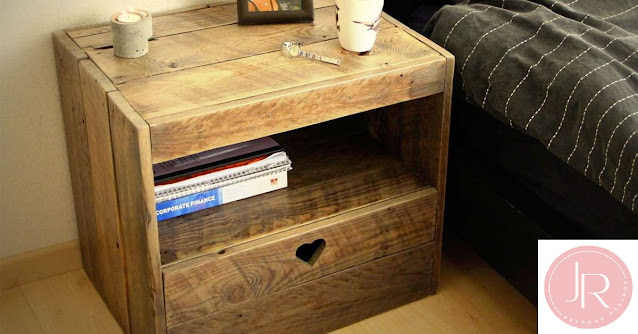What Are the Key Features to Look for in a Custom Dining Table?
When it comes to designing the perfect dining space, the dining table is more than just a piece of furniture; it’s the heart of your home. Whether you're hosting a family dinner, a festive gathering, or simply enjoying a quiet meal, your dining table plays a central role in creating memorable experiences.
With a custom made dining table, you have the opportunity to tailor this essential piece to your exact preferences and needs. But what key features should you look for when commissioning a custom dining table? Here’s a comprehensive guide to help you make the right choices.
1. Material Matters
The material of your dining table not only affects its appearance but also its durability and maintenance needs. Popular options include:
Solid Wood: Known for its timeless appeal and sturdiness, solid wood tables, like oak, walnut, or maple, are classic choices. Each type of wood has its own unique grain patterns and colours, which can add character to your table.
Reclaimed Wood: For an eco-friendly and rustic option, reclaimed wood offers a charming, weathered look that adds warmth to any space.
Metal: Sleek and modern, metal tables, particularly those made of stainless steel or iron, are durable and can create a contemporary aesthetic.
Glass: A glass-topped table can give a room an open and airy feel, making it ideal for smaller spaces. However, it requires frequent cleaning to maintain its pristine appearance.
When selecting the material, consider not just the look but also how it will fit into your lifestyle. For instance, if you have young children, a material that’s easy to clean and resistant to scratches might be more suitable.
2. Size and Shape
The size and shape of your dining table should complement the dimensions of your dining area and accommodate the number of people you expect to seat regularly.
Rectangular Tables: These are the most common shape and work well in long, narrow rooms. They provide ample seating and are perfect for large gatherings.
Square Tables: Ideal for square rooms, these messmate bedside table offer a more intimate dining experience, allowing everyone to face each other.
Round Tables: Round tables are great for smaller spaces and promote conversation, as there’s no head of the table. However, they may not accommodate as many people as rectangular tables.
Extendable Tables: If you frequently host guests, consider an extendable table. This type of table allows you to adjust the size as needed, offering flexibility without compromising on style.
Be sure to measure your dining space carefully and account for the additional space needed for chairs and movement around the table.
3. Design and Style
The design of your custom made dining table should reflect your personal taste and complement the overall aesthetic of your home. Consider the following elements:
Leg Style: The legs of a dining table can significantly impact its style. Options range from traditional turned legs, which add a classic touch, to more modern, sleek metal legs. Some tables feature pedestal bases, which offer more legroom.
Edge Profiles: The edge of the tabletop can be customised for a subtle design detail. Choices include bevelled, rounded, or live edges. A live edge, which retains the natural shape of the wood, can add a unique, organic feel to the table.
Finish: The finish you choose will affect the table’s colour, sheen, and resistance to wear. A matte finish offers a more natural look, while a glossy finish can make the wood’s grain pop. Stains can alter the wood’s colour, while paint can give the table a more modern or playful appearance.
4. Functionality
A custom dining table should not only be beautiful but also functional. Think about how you will use the table daily and during special occasions. Here are some functional considerations:
Storage Options: Some messmate bedside table come with built-in storage, such as drawers or shelves, which can be handy for storing table linens, utensils, or serving dishes.
Durability: Consider the table’s construction. How the joints are made, the thickness of the tabletop and the quality of the materials will all contribute to the table’s longevity.
Ease of Maintenance: Depending on the material and finish, some tables require more upkeep than others. For example, a glass table may need frequent cleaning, while a wood table might require periodic polishing to maintain its lustre.
5. Budget
Finally, your budget will play a significant role in the features you can include in your custom dining table. Custom furniture can range widely in price, depending on the materials, size, complexity of the design, and the craftsmanship involved. It’s important to balance your desire for quality and uniqueness with what you’re willing to spend.
Final Thoughts
A custom made dining table is an investment in both your home and your lifestyle. By carefully considering the material, size, shape, design, functionality, and budget, you can create a piece that not only fits your space but also enhances the way you live.
Whether you’re looking for a rustic centrepiece for family gatherings or a sleek table for modern entertaining, the right custom dining table will bring your vision to life and become a cherished part of your home for years to come.




Comments
Post a Comment